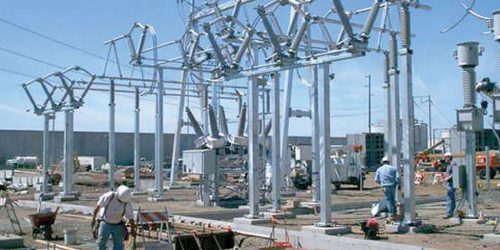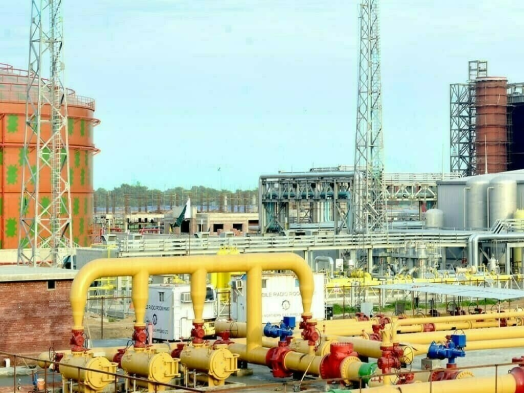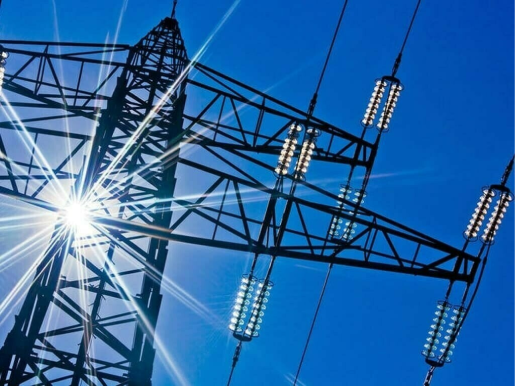The Minister for Energy was seen lauding his government’s efforts in the power sector the other day on the floor of the lower house. This is how far the joke goes. There is no point in debating who takes the podium in power sector mismanagement from the PPP government to the PTI’s. Lack of political will, misguided priorities, incompetence, and inaction – are the common adjectives one can attribute to all three government with magnitude of varying degrees.
The last PML-N government gets its fair share of due credit on ensuring enough energy in the system. It does not get anywhere near its fair share of criticism on how the energy affordability side of the equation was disregarded and is now haunting the consumers and the entire system. Similarly, the PPP government before it gets all the flak for not adding enough power in the system, and doing nothing to cap the system losses, that led to the birth and nourishment of the infamous circular debt.
The PTI government, true to its anti-status-quo slogan, does not want to end up like PPP or PML-N. Yet, it is ending up being a bit of both. The system issues are decade old. Pakistan has no shortage of sector experts to outline the real issues, and their possible solutions. There have been multiple papers written and plans presented, and forgotten in the last ten years, on how to resurrect the ailing power sector. As cliched as it may sound, the lack of political will remains the mother of all obstacles towards clearing the mess.
Political will comes with political capital – and this government has the weakest of them all, in terms of its parliamentary strength. So, the revenues measures needed to keep the system from falling away every now and then, are the toughest, and will remain so under this government. Not all revenue measures are unjust – especially when there is a massive backlog of unadjusted arrears. But the consumers and the system would not care about whose fault it was in the first place.
Making most consumers pay for the true cost of power should not even be up for debate. Prior inactions do make matters worse, but it is a bitter pill that has to be taken, Earlier, the better, or the system could be in a shape so bad that will make the yesteryear mess look like little problems. But that must be simultaneously supported with reform actions, some of which just need direction and competence, and not a whole lot of political will.
That the system losses are a massive drag is known to all. That privatization is the only way out of it, is no secret either. Yet, showing nothing on this front, year after year, with thousands of pages written on the merits of privatization discos and getting away with inefficient gencos – will achieve nothing. That is where, any revenue measure, in absence of efforts to reduce losses, improve efficiencies, introduce transparency, automation, and market opening – will always be met with skepticism.
That is where the idea of introducing surcharges to deal with the massive stock of circular debt (Rs2 trillion and growing) will not have many supporters. No price increase is ever welcome by the consumers, but when revenue measures are a plain admission of failure to reform, they won’t even get the nod from those looking at things on rationale. The mess is getting messier – and no amount of tweeting or chest thumping in the parliament will stop it. It needs fixing. Soon.





